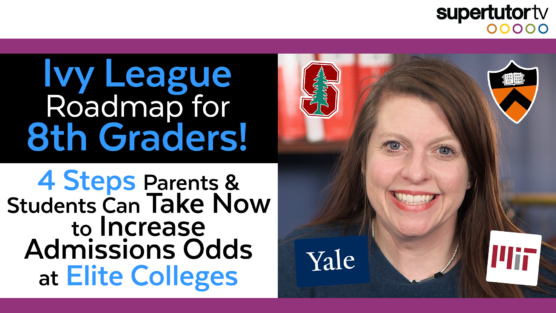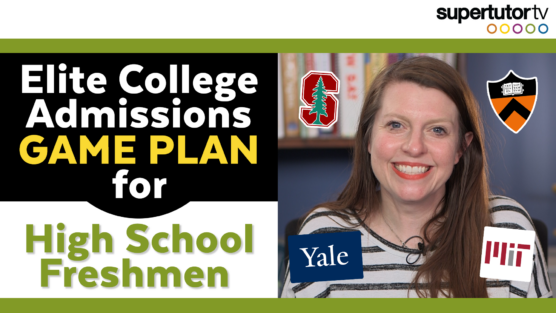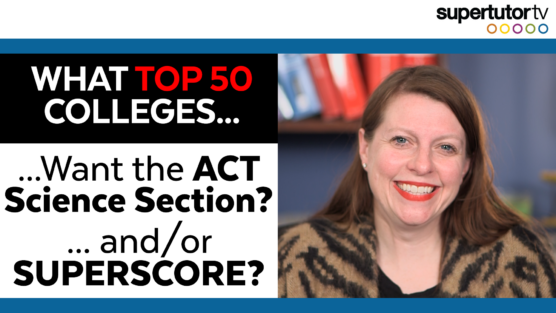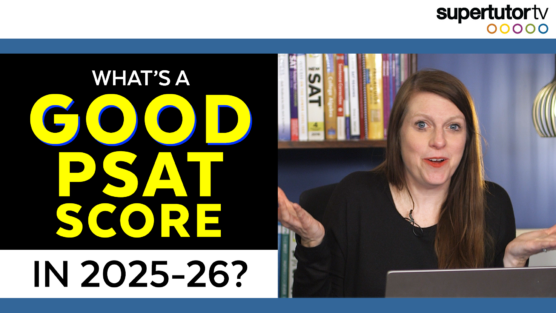Are you taking the SAT soon? If you’re looking for tips on how to crack 700 on the Reading section, Brooke has two tips to help you.
Although the Writing and Language section is often easier for people to improve on, today we’re going to talk about the Reading section. You can check out our past videos on the Writing and Language section here.
Tip #1: On the SAT You Need to Fast Think AND Slow Think
We encourage you not just to fast think on the SAT, but to slow think as well. For students scoring in the 600s, they are decent readers, but oftentimes they will narrow a question down to two answer choices and not know how to find the correct answer. At that point, it’s common to just guess between those two choices.
If you’re already scoring well, then you are adept at crossing out answer choices that are obviously wrong. Even though you may be fast thinking as you initially read through the passage on your exam, you can’t fast think if you’re choosing between those final answer choices in the questions. In order to find the correct answer you have to be precise. You have to be careful when the SAT uses precision words in the answer choices. This includes comparisons, and cause and effect. When you start to see these phrases (“more exceptional” for example) you need to start slow thinking. Go back to the original passage. Is that really what they were saying? Don’t be fooled by cherry picked words and comparisons in answer choices. Instead of simply looking for the answer choice that’s on topic, you need to think slow and be as precise as possible.
Tip #2: Know How to Read and Paraphrase
If you have trouble reading passages you need to work on your literal comprehension. If you struggle with history passages, for example, you can practice this by reading history passages and then writing out in paragraph form next to the passage what each paragraph in the passage means.
There are tricky situations on the SAT where you will have to read between the lines and analyze complex texts. In order to prep for the exam, it helps to read a lot. If you’re looking for resources, Khan Academy is a good place to start. There are plenty of history passages, although the questions aren’t always the best. However, it can be helpful just to understand history passages.




